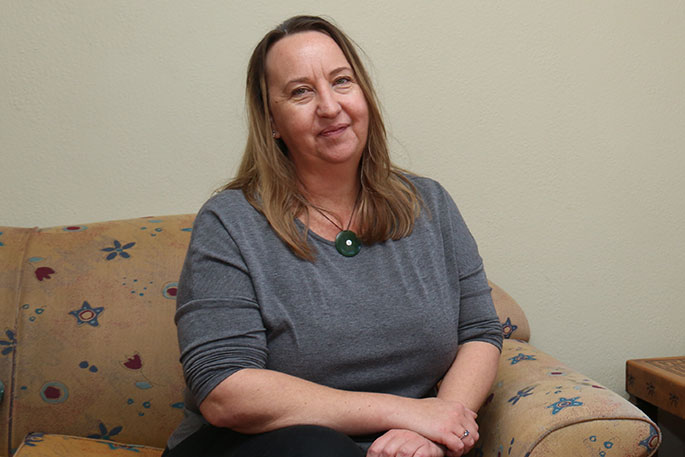She is a local woman, lives with autism, is hailed for her advocacy work in the autism community, and has this month been speaking out strongly on autism acceptance and awareness.
'Autism acceptance to me is a society which values rather than simply tolerates,” states Paula Jessop.
April is the first ‘World Autism Awareness Month'. The theme set by the United Nations is empowering women and girls with autism and raising awareness of the particular challenges females face on a daily basis. According to the UN, girls with autism are less likely to complete primary school and more likely to be denied access to education. Women living with autism have lower employment rates than male counterparts.
This is a familiar story to Paula. 'Employment has been my biggest challenge. People frequently doubt my abilities or judge me based on poor job interview performance or unusual behaviour in the workplace.”
Paula blames ignorance and a lack of understanding. 'Some of the challenges autistic girls or women have go unnoticed. Often, we are able to fake being social so it doesn't seem we have significant problems. But because we appear to have reasonably good social skills, we get judged very harshly for our mistakes.”
Being excluded from school, losing jobs, and even losing their children are very real fears for girls and women living with autism. Isolation, loneliness, and anxiety are commonplace as autism causes people to feel disconnected from mainstream society.
Since she was first diagnosed more than 20 years ago, Paula says things have improved. Initially she felt a sense of shame, as though she had something that ‘needed fixing'. Nowadays, there's a lot more understanding and support out there for autistic girls and women and their families from specialist organisations. But Paula says there's still a long way to go to address the daily challenges girls and women with autism are facing.
'I'm not sure whether it's our problem to overcome or it's something non-autistic people need to address.”
Paula dreams of a more accepting world for girls and women like her.
'Many autistic women are very intelligent, creative, and delightfully unusual, quirky women.”
The message from Paula and the World Autism Awareness Day is simple but very important – acceptance and understanding will make a big difference to those living with autism.

